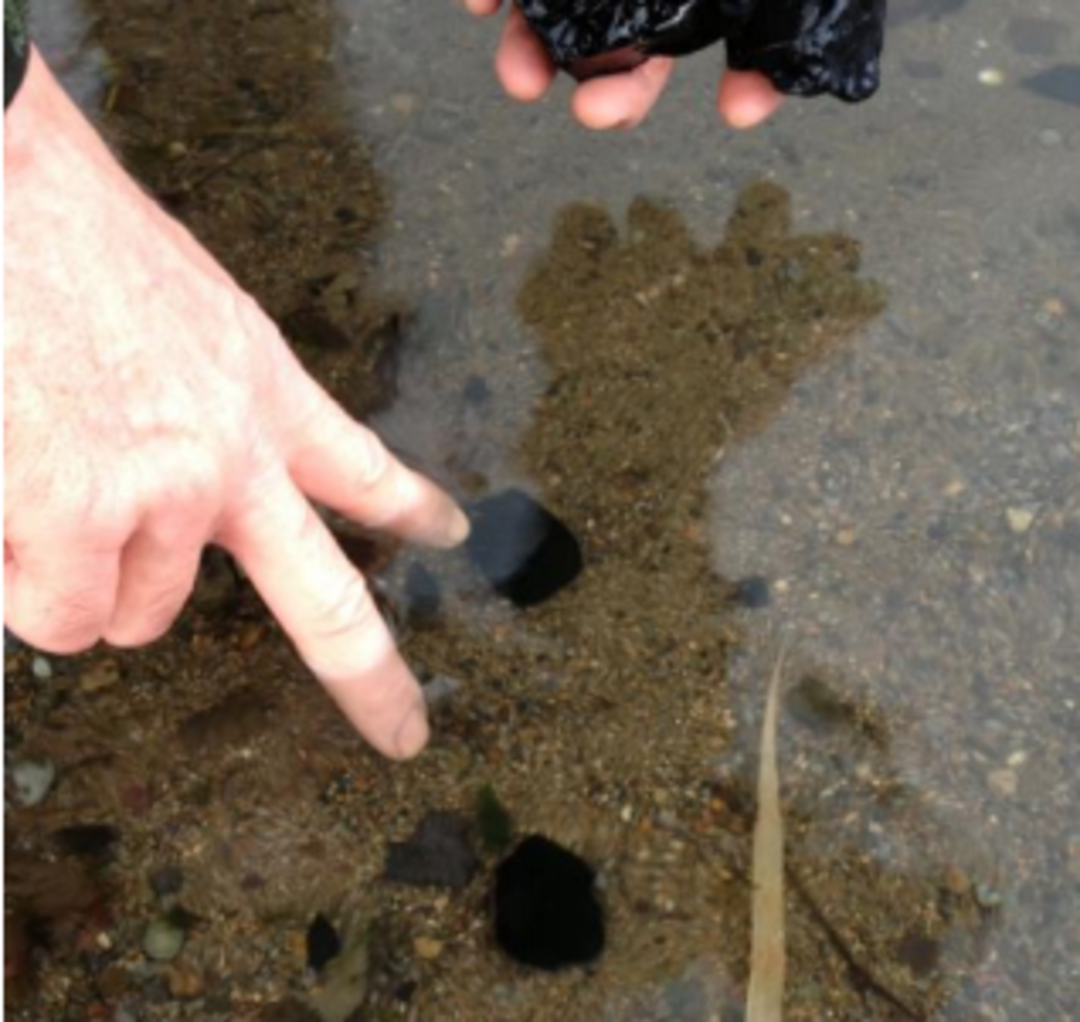Environmental Groups Plan to Sue BNSF Over Coal

A coalition of environmental groups, including the Sierra Club, Puget Soundkeeper, Columbia Riverkeeper, RE Sources for Sustainable Communities, and Friends of the Columbia Gorge announced this morning that they plan to sue Burlington Northern Santa Fe Railroad under the federal Clean Water Act for discharging coal dust, lumps of coal, and other pollutants into Washington state waterways from their open-topped coal rail cars.
The lawsuit—which the groups will file in federal court 60 days from now if the railroad fails to address the alleged problem—seeks to stop BNSF from discharging coal dust from its trains, and comes as environmentalists are fighting a proposal to build a new coal terminal near Bellingham that could send another 60 coal trains as much as a mile long through Washington on their way to China.
"This is an illegal discharge, so the remedy [the complainants are seeking] would be to stop dumping pollutants into the waterways," the groups' attorney, Brett VandenHeuvel, said on a conference call this morning.
The group's letter of intent to sue—the first step before they can file a lawsuit—charges that BNSF is a "point source" polluter—that is, that its trains constitute a single, traceable source of pollution. According to BNSF's own admission, the letter charges, "For trains with 120 cars—the typical length of a coal train—over 30 tons of coal is lost each trip" in the form of coal chunks and dust.
Coal dust is a problem, according to the Sightline Institute's Eric de Place, because it contains pollutants like uranium, mercury, and lead that are toxic to ecosystems (and people).
Although the impact of coal dust on water quality is clear (check out Sightline's report on the coal and water here), de Place said there's been very little research into the effects of "incidental exposure"—for example, from a passing train—on human health.
"Coal dust pollution is a classic example of how something we don’t understand may affect us," de Place said. "there’s been very, very little research in this are, and to my mind it’s something state agencies should be taking a look at."
BNSF responded with the following statement:
BNSF takes its commitment to environmental responsibility very seriously, and we are disappointed in the actions taken today by groups who oppose coal exports. This is nothing more than the threat of a nuisance lawsuit without merit, that is part of an ongoing campaign designed to create headlines to influence the review process for proposed export terminals. BNSF has not been contacted about the samples nor are we aware of any third-party tests confirming that what was found is indeed coal. Millions of tons of coal have been transported through Washington state for more than a century by barge, ship and rail as it has been a major source of fuel beginning with the steam age. There is no indication how long these few samples have been there.
BNSF has also safely hauled coal in Washington for decades. Yet despite the movement of so much coal over such a long period of time, we were not aware of a single coal dust complaint lodged with a state agency in the Northwest or with the railroad until the recent interest in coal export terminals. Even if coal dust had been a concern in the past, BNSF’s new coal loading rules eliminate any concern for the future. BNSF has recently established coal loading rules that require shippers to take measures to address coal dust when they load the coal cars, including the application of topper agents to the loaded coal. The topper agents are very effective at preventing coal dust losses from trains in transit.




